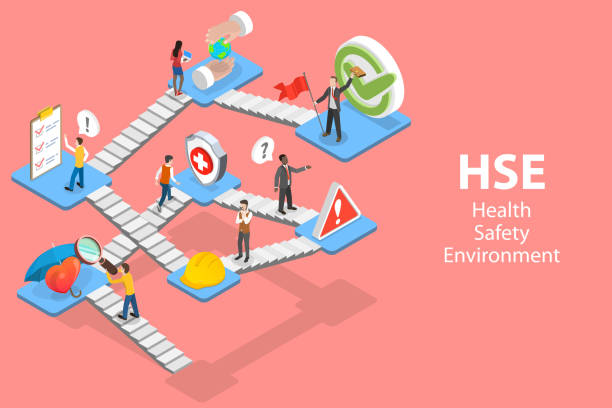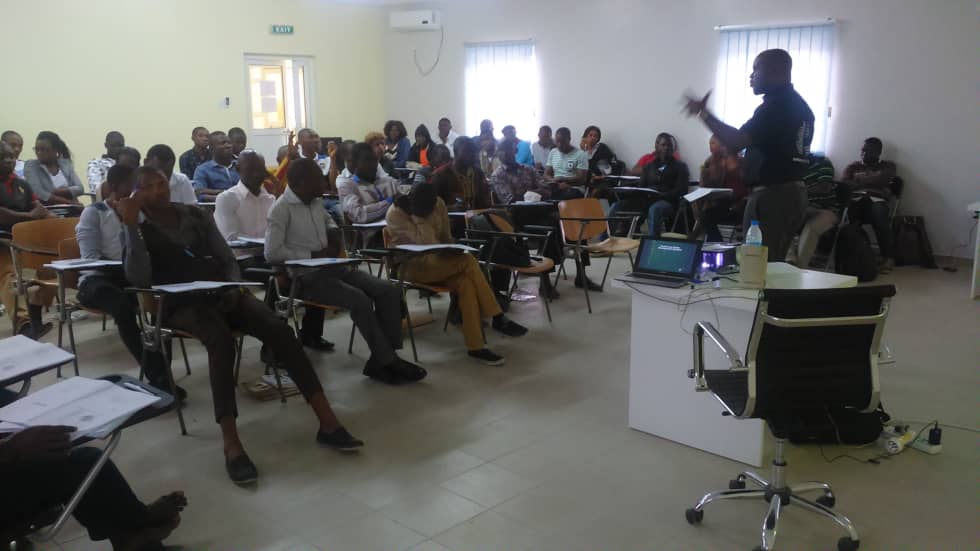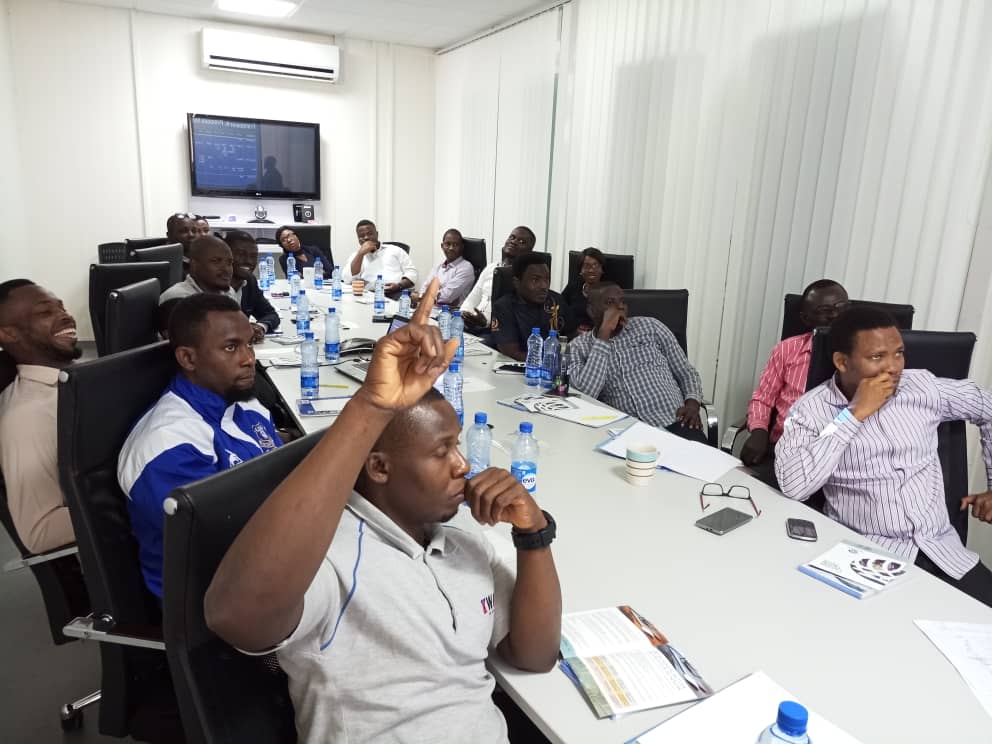An organization’s success relies heavily on the collective skills of its employees. Developing and nurturing the right set of soft skills is key to driving productivity, collaboration, and growth. Here is a list of the top 10 skills every organization’s employees need for long-term success:

-
Effective Communication
Strong communication is the foundation of a thriving workplace. Employees must be able to convey messages clearly and listen attentively to understand the needs of colleagues, clients, and stakeholders. Effective communication helps avoid misunderstandings and fosters productive relationships, which are vital to achieving organizational goals.
-
Teamwork and Collaboration
Teamwork is more than just working alongside others; it involves actively collaborating, sharing responsibilities, and supporting colleagues to achieve common goals. Teams that collaborate well can solve problems more efficiently, generate new ideas, and create a positive work environment that motivates employees to succeed.
-
Problem-Solving
Organizations face challenges daily, and employees with strong problem-solving abilities are invaluable. The ability to identify issues, analyze potential solutions, and implement effective changes ensures that obstacles are overcome efficiently, leading to improved workflows and overall productivity.
-
Adaptability
In a constantly evolving business world, adaptability is crucial. Employees who can quickly adjust to new situations, technologies, and market conditions will thrive. Adaptable employees can handle unexpected challenges and changes, making them resilient assets in dynamic environments.
-
Critical Thinking
Critical thinking empowers employees to approach situations logically and analytically. By evaluating information and making reasoned decisions, critical thinkers help an organization navigate complex situations, identify potential risks, and find the best paths forward.
-
Time Management
Effective time management enables employees to prioritize tasks, meet deadlines, and maintain productivity. In a fast-paced work environment, managing time efficiently ensures that projects are completed on schedule, reducing stress and improving organizational output.
-
Emotional Intelligence
Emotional intelligence (EQ) involves understanding and managing one’s own emotions, as well as empathizing with others. Employees with high EQ foster better relationships, handle conflicts more gracefully, and contribute to a supportive work environment where collaboration can flourish.
-
Creativity and Innovation
Creativity goes beyond artistic expression—it involves thinking outside the box and coming up with innovative solutions to business challenges. Organizations that encourage creativity can stay ahead of the competition by embracing fresh ideas and fostering a culture of continuous improvement.
-
Conflict Resolution
Conflicts are inevitable in any workplace, but employees with strong conflict resolution skills can defuse tension and find mutually beneficial solutions. Resolving disagreements effectively ensures that disruptions are minimized, and collaboration between team members remains strong.
-
Dependability
Dependability is a cornerstone of trust within an organization. Reliable employees who consistently meet their commitments help maintain smooth operations and reinforce a culture of accountability. Dependable team members contribute to a stable and productive work environment where everyone can rely on each other to perform.

Why These Skills Matter
Developing these top 10 skills not only benefits individual employees but also contributes to the overall success of an organization. Investing in training and development programs that enhance these abilities fosters a positive work culture, boosts productivity, and creates a competitive edge in the marketplace.









